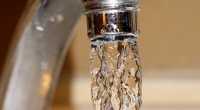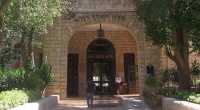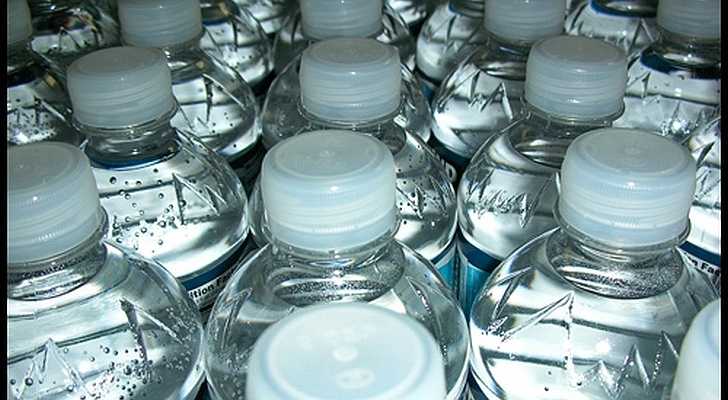Following a growing shortage of drinking water in Syria, UNICEF plans on using the "AquaTabs" system
The United Nations Children Fund (UNICEF) plans on using Israeli-made water purification tablets in their efforts to aid the people of war-torn Syria. UNICEF expressed interest in the company's "AquaTabs" water purification product following the growing shortage of drinking water in war-torn Syria.
"AquaTabs" is a tablet which is added to drinking water to kill most harmful micro-organisms in water to prevent cholera, typhoid, dysentery and other water borne diseases. The tablet dissolves clear within minutes and disinfects the water within 30 minutes. This product is recommended for disinfecting raw or pre-treated (settled, coagulated and/or filtered) water supplies intended for use as drinking water for humans. The source of water to be treated may be a river, lake, well, cistern or similar system at temperatures as low as 4°C.
Israel’s Israel Chemicals (ICL) received a special authorization from the Israeli government to knowingly sell the tables for use in the neighboring country. The company needed government approval for the deal since it involved the delivery of Israeli products to an enemy state. The deal will be carried out by ICL's Ireland-based subsidiary, Medentech. Israel's Finance Minister Yuval Steinitz who approved the deal was called on to authorize the deal, due to the innate political sensitivities. He did so citing humanitarian grounds; as well as the fact that the product will not be sold directly to Syria, but rather to the UN agency.
UNICEF to use Israeli produced water purification tablets in Syria
Following a growing shortage of drinking water in Syria, UNICEF plans on using the "AquaTabs" system
21.10.12 / 00:00
•
More articles that may interest you

The Composite State-of-the-Economy Index for August 2012 increases

ZIM announced the upgrade of the North-South America service (XNS)

Lufthansa to add two weekly flights from Dsseldorf to Tel Aviv starting November

Israel gradually emerging from water crisis

A record 3.5 Million tourists visit Israel over past 12 months

Chilean Navy's training ship 'Esmeralda' visited Haifa port
More news from Industry & Trade Section
>PMI for August 2012 falls heavily/01.10.12
>Israel's import and export totaled NIS25.1 billion in August/26.09.12
>August CPI up 1%/26.09.12
>Second quarter growth revised up to 3.4%/26.09.12
>Maryland Governor Martin O’Malley to head economic mission to Israel/16.09.12
>Israel's population nears 8 million/16.09.12
>CBS forecasts economy to grow 3.5% in 2012/16.09.12
>Israel dropped to the 26th place in the Global Competitiveness Index/13.09.12
>Bank Hapoalim: Israeli Consumer Confidence Index fell in August/13.09.12
>Belarus, Israel sign agreements on technology cooperation/13.09.12
